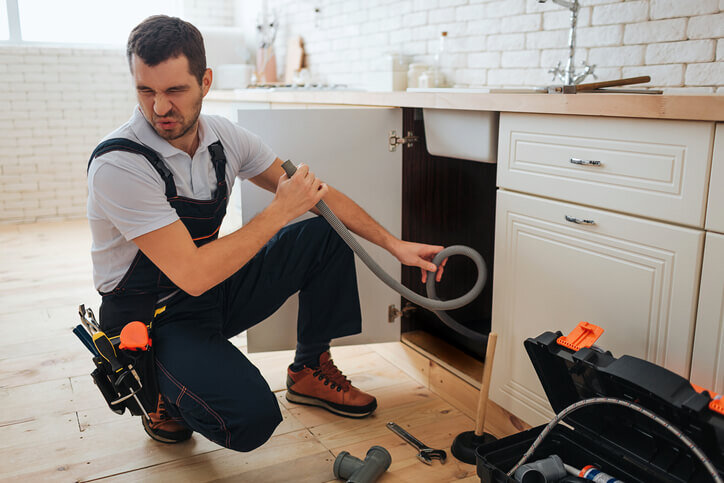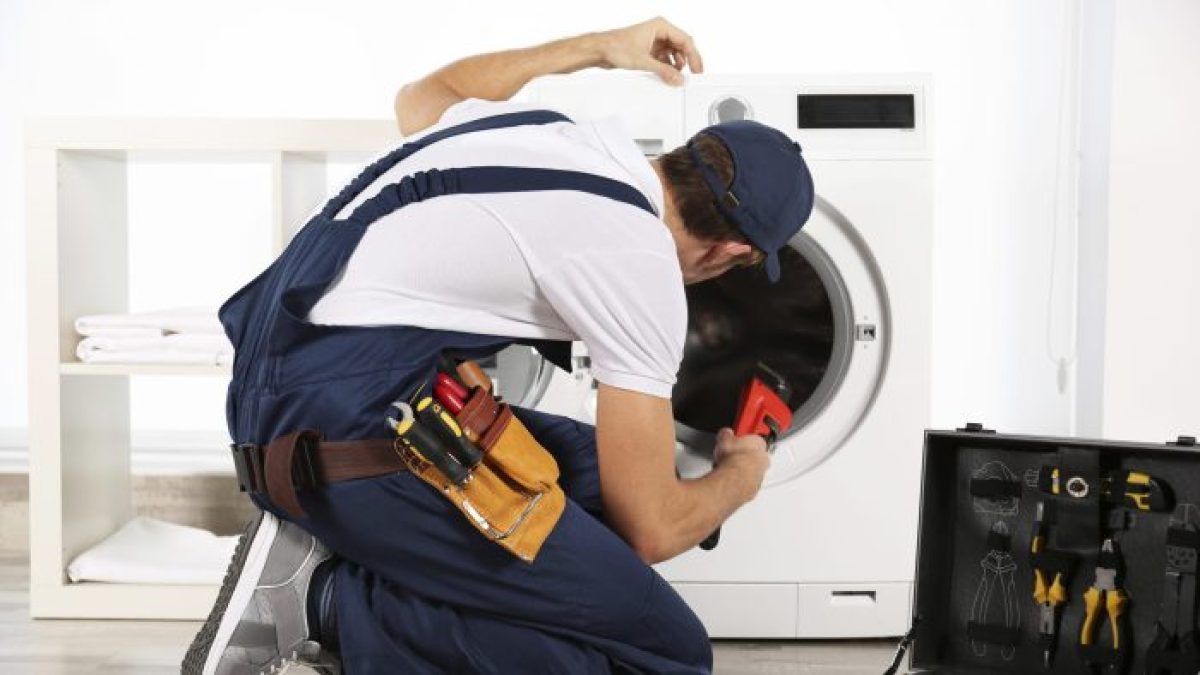Warning: Six Everyday Actions Which Are Harming The Plumbing
Warning: Six Everyday Actions Which Are Harming The Plumbing
Blog Article
Every person seems to have their own opinions in relation to Don’t Let an Earthquake Damage Your Plumbing.

The trick to long lasting devices, unsurprisingly, is proper maintenance. There's no set guideline that can assure your plumbing home appliances a lengthy wear, but you can stop unnecessary damages and also repair work by staying clear of negative plumbing routines.
You must stop doing these 6 things else you'll keep calling your plumber over for minor faults.
Purging whatever
Yes, your bathroom drainpipe results in the drains, yet that does not mean you ought to discard just anything down the tubes. Many 'flushable' products are in fact fantastic blockage starters, for example floss. Asides keeping obvious non-flushable products like cords and also plastics out of your bathroom, you need to likewise prevent flushing cotton buds, menstruation products, wipes, daipers and also prophylactics down the commode drain.
Pouring grease in the sink
We know correctly dealing with oil after a hearty meal is a discomfort. Yet simply pouring it away can do lasting injury to your pipelines. "The fat and also oil can block your drainpipe terribly adequate to compel you to call a plumber," clarifies Dawson. "Plumbing works best when it's well cared for-- not abused with grease."
Utilizing excessive drainpipe cleaner
Using a drain cleaner more than once or twice a month is an indication that something serious is taking place within your pipelines. Currently, instead of facing the primary concern, you go for a quick fix; a carbonated drain cleaner. Rightfully, a drainpipe cleaner will look after the obstruction, however at what cost?
The chemicals in a drain cleaner can hasten the rust of your pipes. Include that to whatever underlying trouble is creating the obstruction and you might need to a significant issue on your hands.
If you experience way too many blockages, call your emergency plumber instead of utilizing a drainpipe cleaner.
Not washing dishes prior to loading them into the dishwashing machine
it's called a dishwasher, yet throwing in meals, pots, and also pans covered in huge food fragments can actually create some severe damage to the home appliance, bring about lasting problems down the line. "Property owners may have to get their dishwashing machine repaired regularly if they do not rinse their dishes before loading, or a minimum of remove larger food pieces," explains Audrey Monell, owner of Forrest Anderson Plumbing and also Air Conditioning in Glendale, Arizona. "Food that obtains stuck on meals creates the dish washer to work harder, which can wear down parts faster, leading to issues."
DIYing whatever
With plumbing, a stitch in time really does save nine. You can avoid a fullblown plumbing emergency by calling your plumber at the correct time.
You might have learnt a few plumbing hacks from your papa, however you should know where to fix a limit and also call an expert. For instance, you might have the ability to fix a clog yourself, yet you shouldn't attempt to change a pipe. You can mismatch pipes or overtighten a screw, causing more injury as well as damages than you assumed. Calling a plumber is a secure and cost effective decision.
Not altering your dishwashing machine pipes
One very easy way to guarantee that you use your dish washer for several years is to replace the tube a minimum of when in five years. This likewise applies for washing machine tubes.
With time, food fragments, soap as well as oil can form clogs within your pipelines. Replacing them promptly will protect against any type of presure build up that can damage the inner workings of your dish washer or washing maker.
A reinforced steel intertwined pipe does a terrific work of prolonging your device's usage time.
No winter months preventative measures
Severe weather conditions are bad for your pipes, particularly if they're made of steel. You ought to protect your exposed pipelines, and also your water tank, even if you have a water heater. You ought to also switch off your yard pipe shutoff and also any other exterior water channels. These networks are electrical outlets for cool; you pipelines can start to freeze from outside if you do not.
How Hard Water Damages Your Plumbing and Appliances
Hard water is no stranger to most households across America. This silent invader affects 85% of homes in the United States every day, wreaking havoc on pipes, plumbing fixtures, and water-using appliances.
Should you become a victim of hard water, you must understand exactly what it is and how it affects your plumbing and appliances. This will help you determine the correct measures to put in place to fix or prevent any problems that may arise.
First off, what exactly is “hard” water?
In short, “hard water” is used to describe water that contains relatively high amounts of dissolved minerals, primarily calcium and magnesium, and a host of trace metals. When rainwater falls from the sky (usually in a pure form), it absorbs the hardness minerals from rocks and soil, which changes it from soft to hard water.
What about my plumbing and appliances?
Mineral deposits from hard water can cause buildup on tubs, shower, sinks, faucets. But that’s only a small scratch of the surface. Those minerals can gradually build up inside pipes, fixtures, water heaters, washing machines, and dishwashers. Once they accumulate in those areas, they can clog pipes and create major problems throughout your plumbing system, from reduced water flow to increased pressure on pipes and fixtures.
This limescale buildup might affect some appliances, causing them to operate less efficiently and wear down faster. And the result? Higher energy bills, more (costly) plumbing replacements and repairs, and damaged appliances.
Keep in mind that certain types of plumbing are more susceptible to clogging than others. Copper, PVC, and PEX pipes are more resistant to hard water buildup and corrosion, but they can still get clogged or completely blocked by scale deposits.
How do I know if my water is hard?
White limescale buildup on plumbing fixtures (or any of the other signs mentioned above) is usually a good sign that your water is hard. If you suspect that you have hard water, you can simply shake up a small amount of dish soap and water in a closed container. If the mixture doesn’t create a lot of suds, you probably have hard water.
The most precise method, however, is to test your water with a DIY test kit (sold online or at local home centers or hardware stores) or send a water sample from your tap to a local lab to be tested. Be sure that you understand the nature of the test, the water condition being measured, and the significance of the test results.
Another way to obtain an estimate of water hardness is to check your annual water quality report to see if your water provider has reported any instance(s) of water hardness in your water supply.
https://www.springwellwater.com/how-hard-water-damages-your-plumbing-and-appliances/

Do you like reading up on Don’t Let an Earthquake Damage Your Plumbing? Put a review below. We would be interested to find out your responses about this piece. Hoping to see you back again soon. If you please take a moment to share this blog entry if you liked it. We love reading our article about Can Hard Water Ruin Your Appliances?.
Book Appointment Report this page